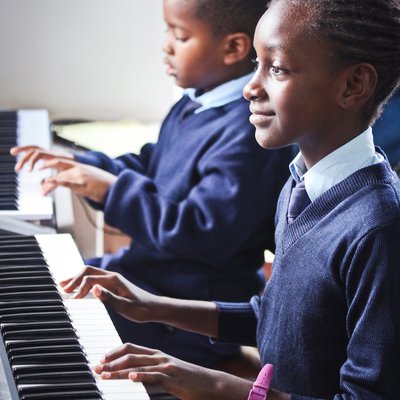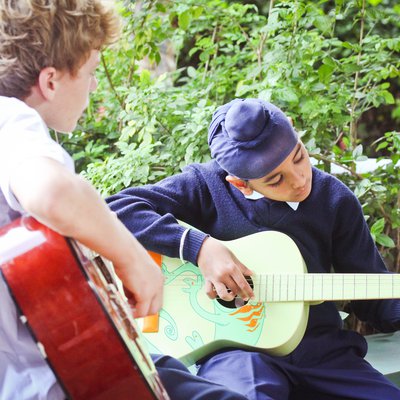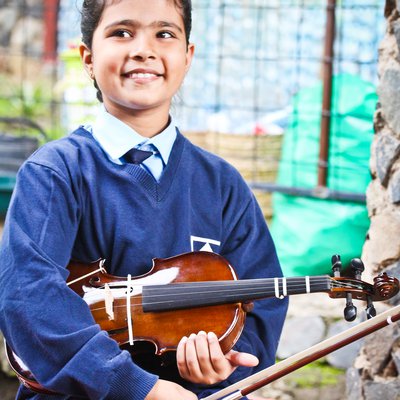ABRSM Music Theory Success
30th March 2017
A huge congratulations to our students who sat their ABRSM Music Theory exams recently! All students passed with a number receiving Merit and Distinction Grades.

From weekly music lessons, to our Music Keys programme, to ABRSM examinations, to BTEC Music, students at BISA benefit hugely from their music education.
A recent report by Dr Amy Fancourt, Head of Psychology at Queen Anne’s School, Caversham stated:
Music in schools is critical to a well-rounded education. In addition to the enjoyment that music brings in and of itself, musical training also confers a number of advantages to other areas of life.
Musical training has been linked to improved emotional processing and to the ability to read the emotional tone in another's voice. If we want to raise young people who are sensitive and socially intelligent then keeping music within the curriculum is a good start.
Children who learn to play a musical instrument show more perseverance and resilience when faced with challenges. If we want our young people to leave school with the 'soft skills' that will help them succeed in life then begin this preparation through musical instruction.
Participating in a school choir can help to bring a feeling of connection and improved self-efficacy and self-esteem in young people. Singing with others leads children to develop a more positive view of themselves and fosters a stronger sense of social inclusion.
Group musical participation can break down racial and social barriers. If we want to foster tolerance, understanding and respect of those with differing social and cultural backgrounds, music is one effective way to do this.
Group singing and musical participation have been linked to improvements in mood, happiness and wellbeing alongside reductions in stress. Encouraging musical participation in schools affords an opportunity to equip our young people with the tools needed to combat stress and to enable them to flourish in a pressured world
Learning to play a musical instrument sharpens the brain's ability to track very small changes in sound. The ability to break down a stream of sound that constitutes words or syllables is an important skill for language learning. Children with musical training show a more robust capacity for tracking very fine-grained changes in sound and learning an instrument strengthens the auditory processing networks in the brain. If we want to improve language and literacy then musical training is one route to doing this
Musical training leads to improvements in rhythm perception and production, which can be important for speech comprehension and production. For children with developmental language difficulties (e.g. dyslexia) learning to play an instrument can help to train the rhythmic processing that is important for comprehension of rapid changes in sound inherent within speech
These are just a few reasons why we must protect music provision within schools. Music is so much more than an additional enjoyable activity to accompany a child's academic subjects. Music is a key to unlock a child's potential in so many different areas that are vital to a successful and happy life. We have a responsibility to ensure that music remains very much at the heart of our curriculum, integral to our education system and widely accessible to all.






